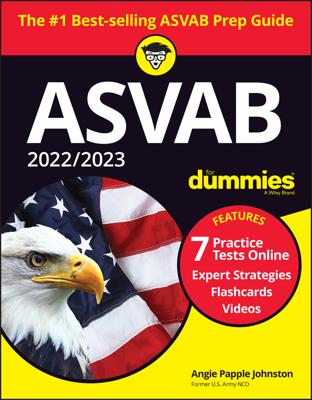If you know the meaning of the Latin or Greek word, you can often figure out the meaning of the scientific word. Often, a Latin or Greek root word is used to create a longer, more specific word.
For example, the Latin root homo means human being, and the Greek root homo means the same. Homo sapiens refers to members of the human species, but homogeneous means “of the same kind.” If you were to run across the word homologous on the General Science subtest, you’d know that it has something to do with humans or with things that are the same.
Take a look at the following practice questions.
Practice questions
1. Which of the following instruments might an oceanographer be expected to use?
A. aspirator
B. hydrophone
C. calorimeter
D. centrifuge
2. An animal that eats only meat is called a(n)
A. omnivore.
B. herbivore.
C. carnivore.
D. voracious.
Answers and explanations
1. The correct answer choice is B.
Even if you don’t have a clue about what any of these instruments do, if you know that hydro relates to water, you’ve significantly increased your chances of getting the right answer, Choice (B).
2. The correct answer choice is C.
From the Latin, carne means flesh and vorare means to devour—hence the word carnivore, a meat-eater. Choice (C) is correct.

